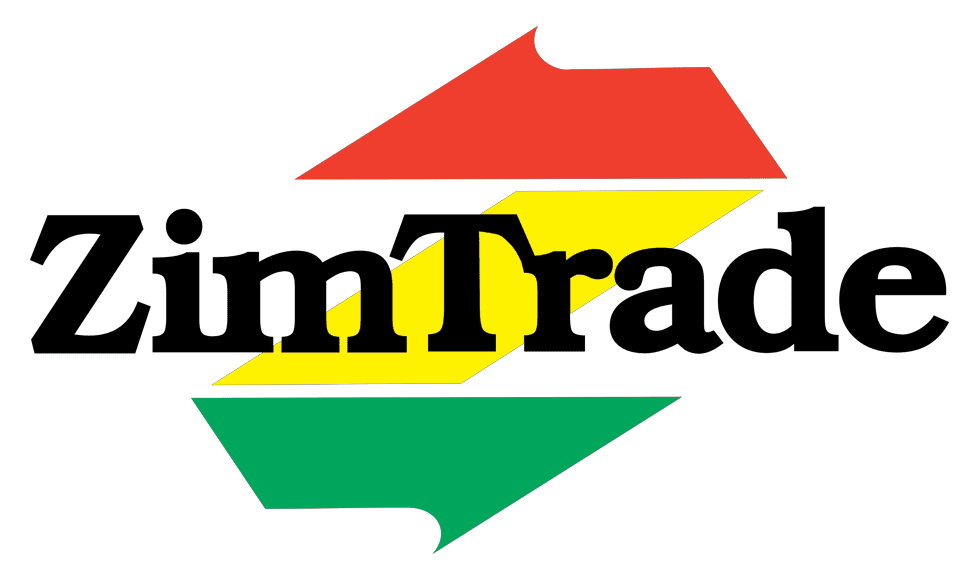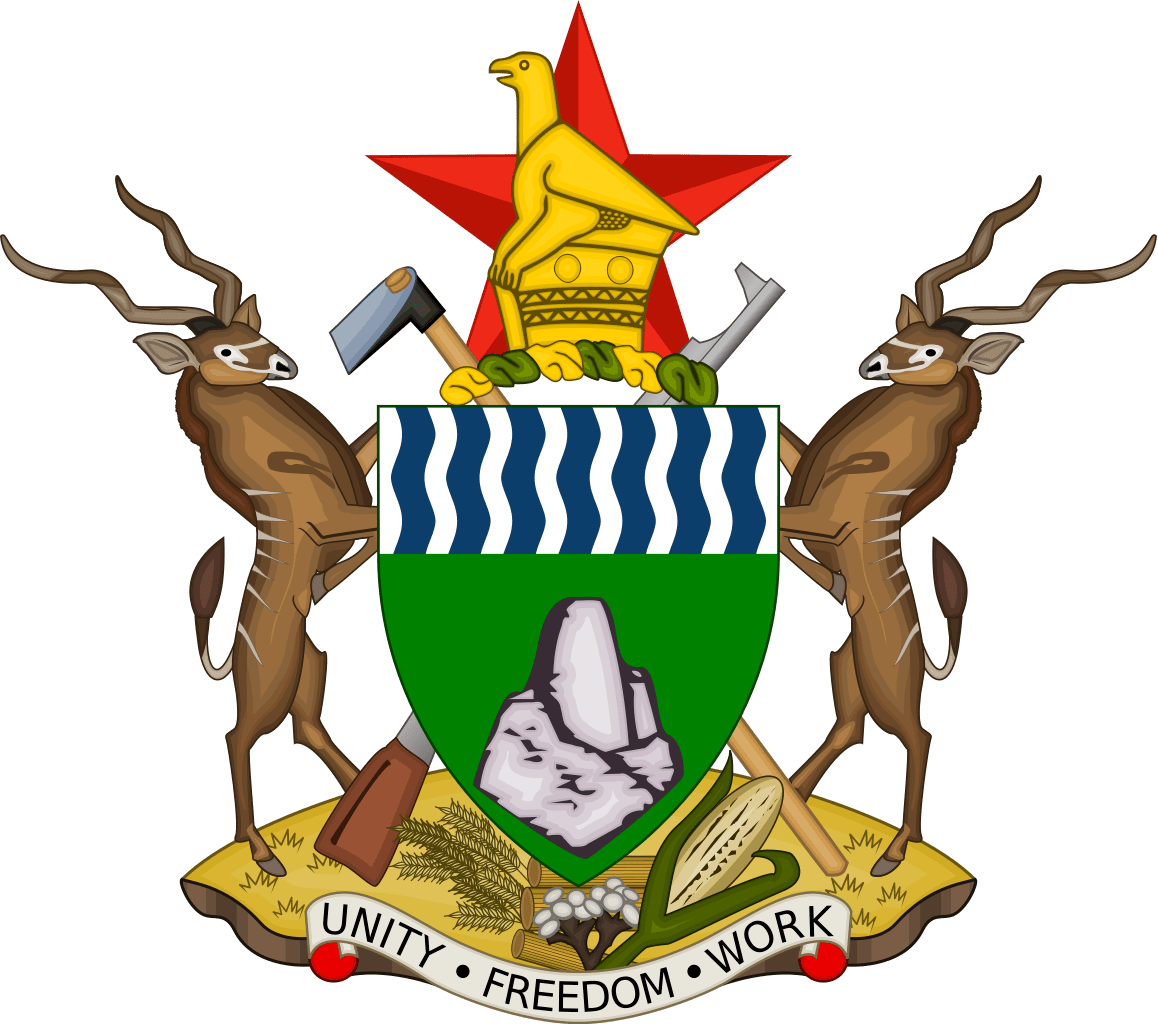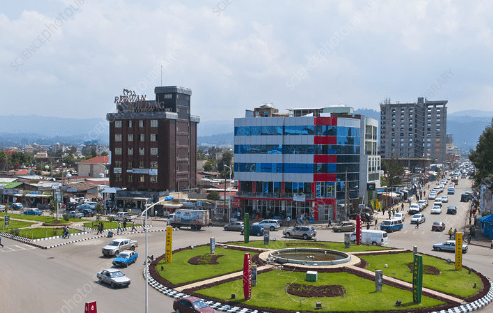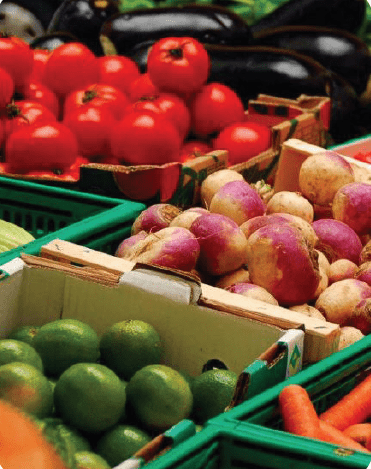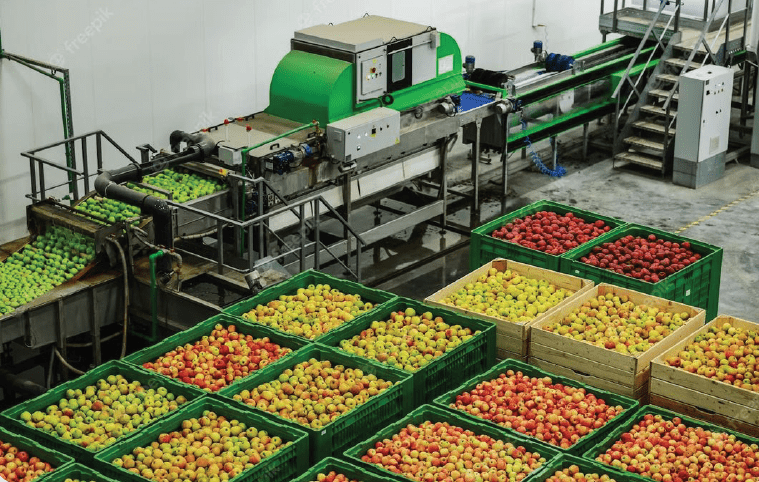A vibrant export-led economy is crucial for any country’s economic transformation and sustainable development.
This is why President E.D Mnangagwa’s Second Republic has been implementing a raft of measures to transform the economy and place the country at the centre of regional and global supply routes.
President Mnangagwa has consistently emphasized the importance of transitioning towards an export-led economy as part of his economic reform agenda.
To ensure the success of the agenda, the Government has adopted several policies that promote value-addition to raw materials before exportation, aiming to generate higher returns for Zimbabwean products in international markets.
Apart from measures to boost manufacturing export-focused products, The Government, together with the national export development and promotion organisation – ZimTrade – have been actively implementing programs aimed at diversifying export markets to create a sustainable base for Zimbabwean products resulting from increased industrial utilisation.
Through strategic initiatives, the focus has been on expanding market access, fostering trade partnerships, and promoting Zimbabwean products on the global stage.
Diversifying the export base not only reduces reliance on volatile commodity markets but also fosters innovation, productivity enhancements, and global competitiveness.
One of the measures to diversify markets has been a deliberate focus on African markets, which are easier to reach when leveraging on existing bilateral and multi-lateral trade agreements.
Recently, ZimTrade conducted a market survey in Ethiopia to establish market potential and identify leading buyers who can source from Zimbabwe.
Ethiopia, a signatory to the Common Market for Eastern and Southern Africa (COMESA), and the African Continental Free Trade Area (AfCFTA) agreements together with Zimbabwe, is a growing economy with export opportunities in sectors such as construction and engineering, and agriculture.
About Ethiopia
Located in the horn of Africa, the Federal, Democratic Republic of Ethiopia is the continent’s tenth largest country, with an area of about 1.13 million square kilometres.
The population in 2023 was estimated at 127 million, making it the second most populous country in Africa after Nigeria.
Over the last decade the country has recorded tremendous growth with an average annual GDP growth of 7.7 percent.
Growth has been broad-based, driven by public investments in infrastructure and agriculture, foreign direct investment (FDI) inflows, and expansion of the services and manufacturing sectors, particularly textiles, garments, leather, and shoe manufacturing.
For 2024, growth is expected to increase to 6.4 percent on the back of the International Monetary Fund (IMF)’s US$2 billion Programme to support the country’s Homegrown Economic Reform Agenda (HGER II).
Ethiopia’s imports from COMESA have the more than trebled for the period 2020 to 2022 from US$339 million in 2020 to US$1,01 billion in 2022.
Imports mainly consist of tobacco, furniture, oil seeds, articles of iron and steel and equipment.
Ethiopia is a country which is dependent on imports as evidenced by its growing trade deficit with the world.
Although the country has a high import bill, Ethiopia has a strong import substitution programme which is under implementation.
This means companies looking to explore opportunities in the country must consider partnerships with locals, who are familiar with the business dynamics of the market.
There is also need to penetrate the market with a long-term view of setting up operations in Ethiopia.
FMCG
Processed foods such as biscuits, sweets and teas as well as hygiene products present opportunities for Zimbabwean companies into the Ethiopian market.
Entry into the retail sector or FMCG requires that companies enter into distributorship agreements with established retail distributors in the country.
Since Zimbabwean products are known to be non-GMO, this serves as a comparative advantage to enter the market and taking into consideration the different consumer tastes. Local presence also helps in dealing with associated consumer issues.
In the short run, the dealership entry model can be used with the longer-term view of setting up operations through joint ventures in Ethiopia.
For companies to break through and reap meaningful benefits, they must have a presence in the market.
Local businesses can also leverage on the diaspora in the market to introduce and drive popularity of local products.
The African Union and several international agencies have their headquarters in Addis Ababa.
Zimbabwean companies can leverage on the huge diplomatic presence in Addis Ababa which require consistent food supplies that are almost like their countries of origin.
This is a model, which the Indians have used effectively.
Building and Construction
As part of the 10-year vision, the country is experiencing massive modern construction activities both residential and infrastructure.
These ongoing construction projects also present opportunities for paint manufacturers, building engineering services and construction consumables to be supplied to Ethiopia.
Projects are funded by government and development partners.
Zimbabwean companies in the sector can participate in the foreign-funded projects that are subject to an international bidding process.
Local companies can participate in construction projects tenders, which include construction of bridges, roads, buildings, warehouses, irrigation systems, and other infrastructure projects.
There are further tenders that are open to international bidders in consultancy services, which may involve architectural design, engineering services, project management, or policy development.
In addition, there are supply tenders that cover the provision of materials, equipment, machinery, or specialized products needed for construction projects.
Compliance
The National Bank of Ethiopia (NBE) is the central bank of the country regulates the imports and exports as part of managing the foreign exchange position of the country.
The central bank import requirements include agency agreements, certificate of origin, commercial invoices, import license and pre-shipment inspection clean report of findings.
The Ethiopian Food and Drug Authority (EFDA) ensures the public’s health by ensuring the safety and quality of food, the safety, quality, and efficacy of medicines, the safety, quality, and functionality of medical devices, as well as the safety of cosmetics and other health products.
EFDA regulates the imports of products in Ethiopia.
A Certificate of Analysis (COA) is required for processed foods as well as pharmaceuticals. Medicines, medical supplies, and medical equipment must be registered with the Ethiopian Food and Drug Authority (EFDA).
Plants or plant products, including seeds, agricultural inputs such as chemicals, pesticides and fertilizers cannot be imported to Ethiopia unless registered and duly authorized for import by the Ministry of Agriculture.
